The need to improve recruiting and retention has affected employee benefits and workforce absence management rather considerably these past two years, in some cases resulting in more liberal policies on hybrid work, paid time off (PTO) and observed holidays.
HUB International’s 2023 Workforce Absence Management Survey, which surveyed 514 employers with 50 to 1,000 employees, found that remote and hybrid work trends continue, with more companies making these options standard. These same employers are also providing additional paid holidays and PTO.
The survey found that employers are implementing these changes largely to stay competitive in the ongoing battle to attract and keep top talent. And employers say they’re likely to implement more changes in absence management to improve the work environment.















